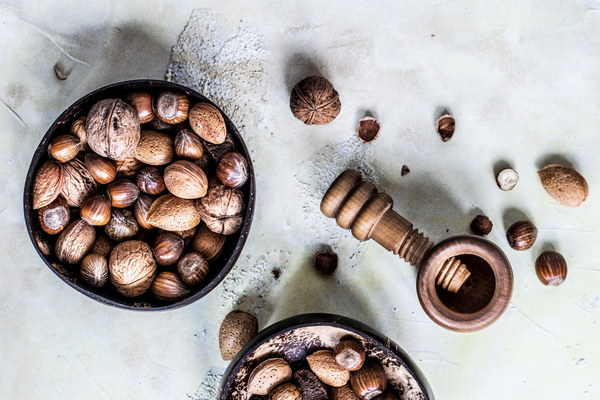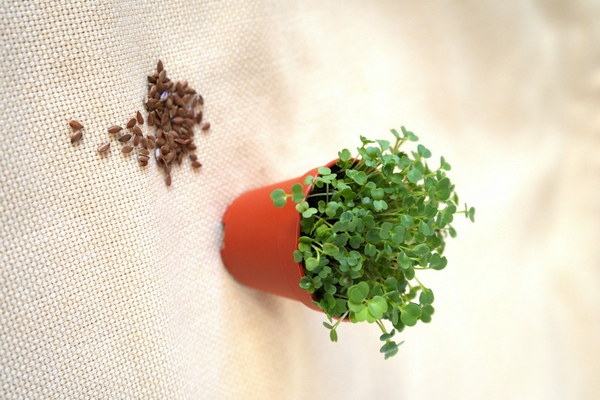Harmonizing Yin Deficiency A Guide to Nurturing Women's Health through Balancing Yin and Yang
In traditional Chinese medicine (TCM), the concept of Yin and Yang plays a pivotal role in understanding and treating health issues. Yin refers to the cool, slow, and passive aspects of the body, while Yang represents the warm, active, and dynamic elements. Women, who are generally more Yin in nature, may often experience Yin deficiency, leading to a range of health issues. This article aims to provide a comprehensive guide on how women can balance their Yin and Yang to alleviate symptoms of Yin deficiency and promote overall well-being.
Understanding Yin Deficiency
Yin deficiency in women often manifests as a lack of energy, fatigue, irritability, hot flashes, night sweats, and menstrual irregularities. It can be caused by factors such as stress, overwork, poor diet, and hormonal changes. To address this imbalance, it is essential to focus on both diet and lifestyle modifications that can help restore Yin energy.

Dietary Adjustments
1. Incorporate Yin foods: Foods that are rich in moisture and cooling properties can help replenish Yin. These include fruits like watermelon, peaches, and pears, vegetables like cucumber, spinach, and asparagus, and grains like quinoa and brown rice.
2. Avoid Yang foods: Foods that are spicy, fried, or overly processed should be minimized as they can exacerbate Yin deficiency. Instead, opt for mild and easily digestible foods like soups, stews, and steamed dishes.
3. Hydration: Adequate water intake is crucial in balancing Yin. Aim to drink at least 8 cups of water daily, and consider herbal teas such as chrysanthemum, peony, and lotus seed tea, which are known for their cooling properties.
Lifestyle Changes
1. Adequate rest: Ensure you get enough sleep to allow your body to recharge. Aim for 7-8 hours of sleep per night, and consider short naps during the day if needed.
2. Stress management: High levels of stress can deplete Yin energy. Practice relaxation techniques such as meditation, yoga, tai chi, or deep breathing exercises to help manage stress.
3. Regular exercise: Engage in gentle, low-impact exercises like walking, swimming, or gentle cycling to maintain energy levels without overexerting yourself.
4. Acupuncture and herbal remedies: TCM treatments such as acupuncture and herbal remedies can help balance Yin and Yang. Consult a qualified TCM practitioner for personalized advice and treatment options.
Herbal Remedies
Several herbs can help alleviate the symptoms of Yin deficiency. Here are a few commonly used ones:
1. Dang gui: Known for its blood-building properties, dang gui can help regulate the menstrual cycle and alleviate symptoms of Yin deficiency.
2. Peony root: This herb is known for its cooling properties and can help alleviate hot flashes, night sweats, and irritability.
3. Rehmannia: Rehmannia root is a key ingredient in many TCM formulas designed to nourish Yin and support overall health.
4. Licorice root: Licorice root is a natural sweetener that also has cooling properties and can help harmonize the other ingredients in herbal formulas.
Conclusion
Balancing Yin and Yang is essential for women's health, especially when dealing with Yin deficiency. By making dietary and lifestyle changes, incorporating TCM practices, and using herbal remedies, women can alleviate symptoms and improve their overall well-being. Remember to consult with a healthcare professional before making significant changes to your diet or lifestyle.









